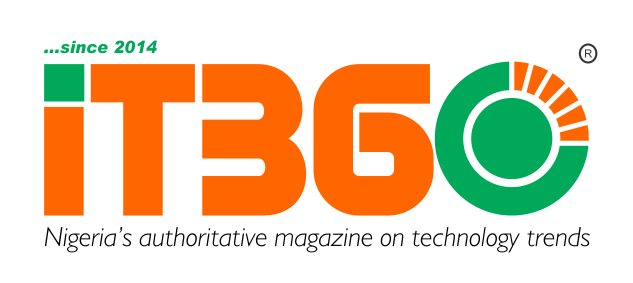The FinTech Association of Nigeria (FintechNGR) has signed an agreement with the Chartered Institute of Bankers of Nigeria (CIBN) and FinTech Development and Advocacy Initiative (FSI), to provide a Fintech Certification Programme which promotes professionalism in the financial services industry.
The signing of the agreement was witnessed by representatives and members of FintechNGR CIBN, and FSI, at the Bankers House, Victoria Island, on Thursday, September 1, in Lagos.
The Fintech Certification Programme is intended to sharpen the minds and raise awareness of industry players about the importance of leveraging technology for financial inclusion and growth.
Dr Ken Opara said the alliance was a unique one in the annals of the Institute, “First, this is the first time the institute is collaborating with two partners at once for the provision of a certification.
“Second, this is the first collaboration agreement to be executed during my tenure.
“Third, this initiative is a further step towards the realisation of the mandate of the institute to promote professionalism, whilst enhancing knowledge and competencies in the financial services ecosystem,” he said.

Opara said the role of the Institute was to be the bridge that would engender a positive handshake among all the players (banks, fintechs, and other financial agents) in the financial services industry.
This, he said, would be done through capacity-building programmes, training, content development, advocacy and sound corporate governance policies.
The CIBN president also said his administration would be built on six strategic pillars with the acronym FUTURE.
According to him, the first pillar with the alphabet ‘F’ is Financial Innovation and Transformation.
He said, “Under this pillar, we plan to, among others, institutionalise Fintech Certification in collaboration with other credible bodies to sharpen the minds and awareness of industry players in optimising technology for financial inclusion and growth.”
“If we cast our minds back a few years, people wondered whether the FinTech disruption would be absolute and traditional banking would become a thing of the past.
Instead, we are experiencing a synergised world of financial services where both Fintech companies and banks not only co-exist but also co-compete and share knowledge. Of course, there will be banks that will be more successful because they’re agile, and there will be Fintechs that will be more successful because of the vast opportunities available for them to tap into. All in all, it would be most essential to develop capacity and capability,” he said.
Bajomo said that banking as a profession was well regulated with strong compliance, a strong culture of capacity building, and knowledge building among others, adding that there was the need to also build the same capacity within the Fintechs in Nigeria.
“Banking as a profession is not only well regulated all over the world, but banks are also known for their strong adherence to compliance standards, as well as their strong culture of building and improving upon capabilities and knowledge.
When you look at Fintech companies and, indeed, the nature and age of FinTechs in our country, they are centred on agility and innovation. As the Fintech industry matures, however, there needs to be equal attention being paid to those things that are lacking in terms of compliance and regulations. This must form the foundation if we are to produce scalable, trustworthy financial service providers.
Two things must happen concurrently. The first as I just mentioned, is to build a strong regulatory capacity within the Fintech space. The second thing to be built upon is the capacity within banks to be more agile. In that way, our economy will benefit from the rising tide of superior financial services, which in turn, will have a ripple effect on the rest of Africa and the world at large,” Bajomo said.
Mrs Aituan Kola-Oladejo, Executive Director, FSI, who described CIBN as a “forward-thinking institution,” said the signing of the agreement would sharpen the FinTech industry.
She said, “this agreement will open the gate for more Fintech innovators into the FinTech ecosystem, as what was lacking was trust.”

